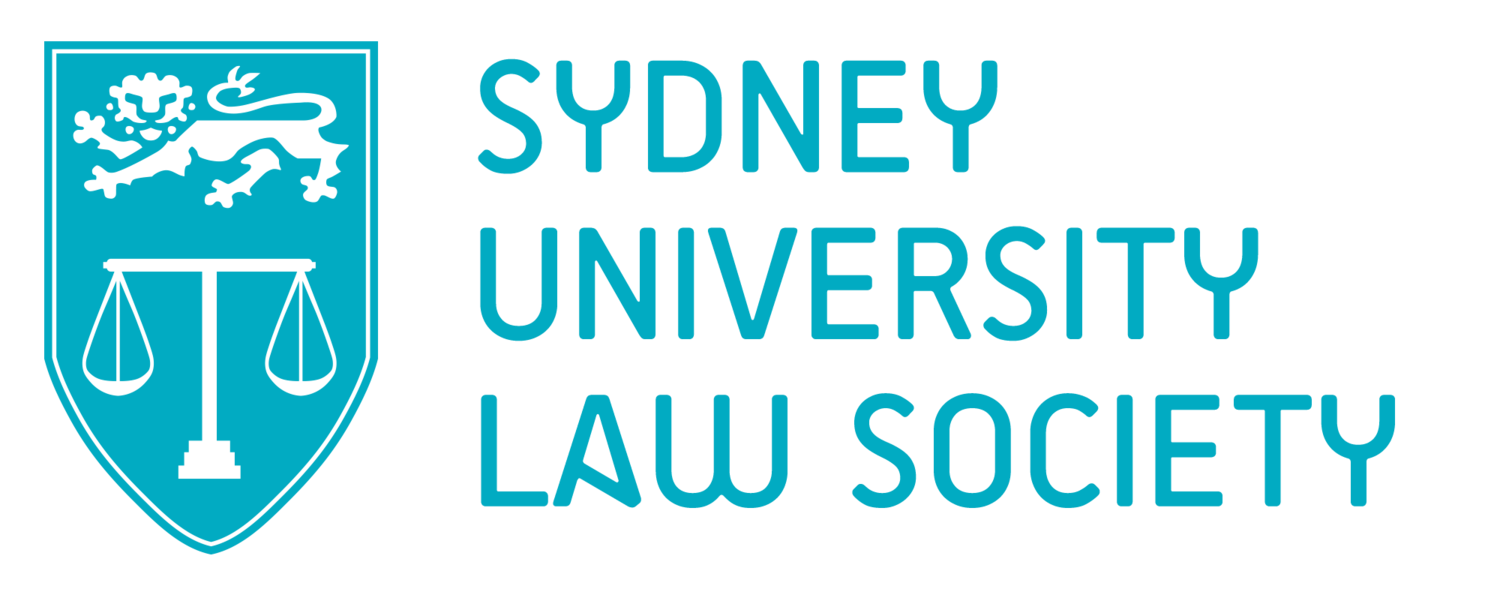Could an artificially intelligent device practise as a barrister in New South Wales?
By Jack Mars and Riley Vaughan (USYD)
Our legal system is the culmination of human scholarship, philosophy, and societal development. In the modern age, it’s natural to question whether the nuanced understanding of this system and the art of advocacy is something which can only be mastered by a human. As a surgeon’s hands are replaced with robotic arms, is it now the lawyer’s turn to be condensed, perfected, and replaced?
The question has been raised before! Isaac Asimov tells us the story of Stephen Byerly in his collection of short stories, “I, Robot”. Byerly is a promising political candidate, a district attorney and, crucially, an alleged robot. Asimov never reveals the true anatomy of Byerly, and the questions which he asks his readers are still being wrestled with today. To ask whether an AI could practice as a barrister is to examine human insecurity and scepticism.
The roles of the barrister might be conveyed simply: to prepare advice; to negotiate and arbitrate; and, to appear as an advocate for their client, beholden always to their overriding duty to the administration of justice. The first of these roles is shared by the solicitor. The second is shared with mediators. The third has always been the exclusive realm of the barrister.
No matter how straightforward a client may seem, each word they utter, each act they complete, and each omission they neglect, lives in a grayscale void between right and wrong. The barrister’s role as an advocate is to colour each of those facts, both with their knowledge of the law and knowledge of humanity, to convince a judge or jury that their client deserves the benefits of justice.
Most artificial intelligence relies on an algorithmic method known as “Deep Learning.” To escape semantic debates which would make a computer scientist blush and a lawyer cry out for their copy of Statutory Interpretation in Australia, we can say that Deep Learning is a type of AI which models its processes off a human brain. The problem is that these techniques are inherently, and entirely, data driven. There are researchers who believe that more data will yield more intelligent AIs—that “scale is all you need”. However, these algorithms struggle with nuance. It is extremely difficult to generate the nuanced data sets required for general learning. Imagine an AI being trained to caption images. Perhaps it could identify general objects and locations, but it cannot infer key relationships. Where a human might say, “that man is stealing her bag,” the computer will say, “there is a man, a woman, and a bag.”
Artificial intelligence as it exists today is not remotely close to replicating the role of an advocate. So, fear not! That barrister you suspected of being an unemotive android at the café outside Court was in fact just taking section 44 of the Legal Profession Uniform Conduct (Barristers) Rules 2015 far too far.
But what about tomorrow? While there isn’t much hope of a General Artificial Intelligence appearing overnight, it would be naïve to think that it couldn’t exist one day. The imagination of scientists and engineers is stirred by the science-fiction of the past, and that stirring seems to inevitably result in progress. Without pretending to be able to give it a timeline, we posit that given enough time, an artificially intelligent advice will one day be able to understand the entirety of the law, the entirety of a set of facts, and human emotions. It follows that one day, an AI device could practise as a barrister.
But having dealt with whether, perhaps we should turn to what seems to be a bigger question: when the work of an advocate is intensely personal, why would we want barristers that aren’t human?
The obvious answer is that automation could improve access to justice: if everyone had cheap and easy access to the most knowledgeable barrister in the field of their issue, the world would be a more just place. If an AI device could perform succinct legal analyses, barristers could focus more on advocacy and less on paperwork.
But that automation will inevitably benefit the rich before the needy: while ‘BarristerBot’ is being improved upon, barristers who charge higher fees will be able to pay for and make use of it, improving their success against clients who can only afford barristers who charge less.
Consider a hypothetical. Far into the future, if two opposing clients were each to hire a perfect ‘BarristerBot’, would there be any need for an adversarial trial? They could simply negotiate the facts and decide upon the correct outcome, eliminating the role of the Court or assuming the role of a Judge. Perhaps the role of the barrister is one which not only thrives on greyscale and imperfections but utterly depends on them.
There are still many valid questions, hypotheticals which only the aeons ahead of us might answer. Questions asked by Isaac Asimov, still being asked today, may go unanswered for millennia, or forever.
Suppose you are amid a long and onerous legal battle. The dispute is bitter, the fees enormous, and the consequences are grave. You have employed a ruthless and unsympathetic barrister. You have never seen them eat nor drink, rest nor pause, nor even break a sweat amidst the muggy crowds of Martin Place. They epitomise the cold and heartless lawyer—you’re delighted by how inhuman this barrister can be.
Suppose that your barrister is Asimov’s Stephen Byerly, accused of being an artificial creation. He never graduated law school, he never crammed over tomes, and he never found himself craving caffeine or suffering a clerkship. Would you really care?
